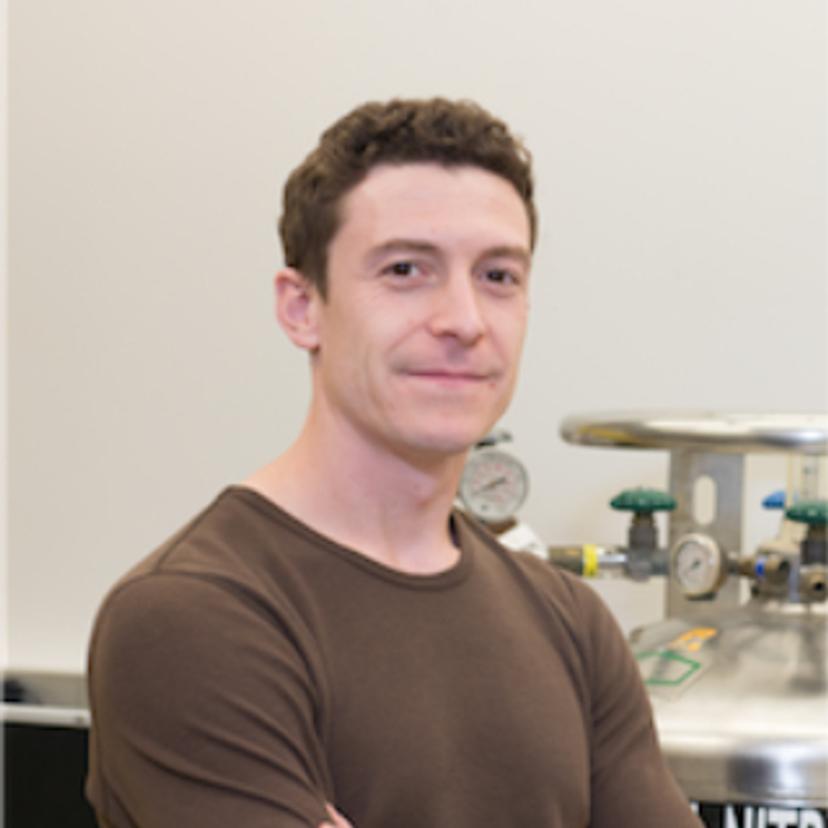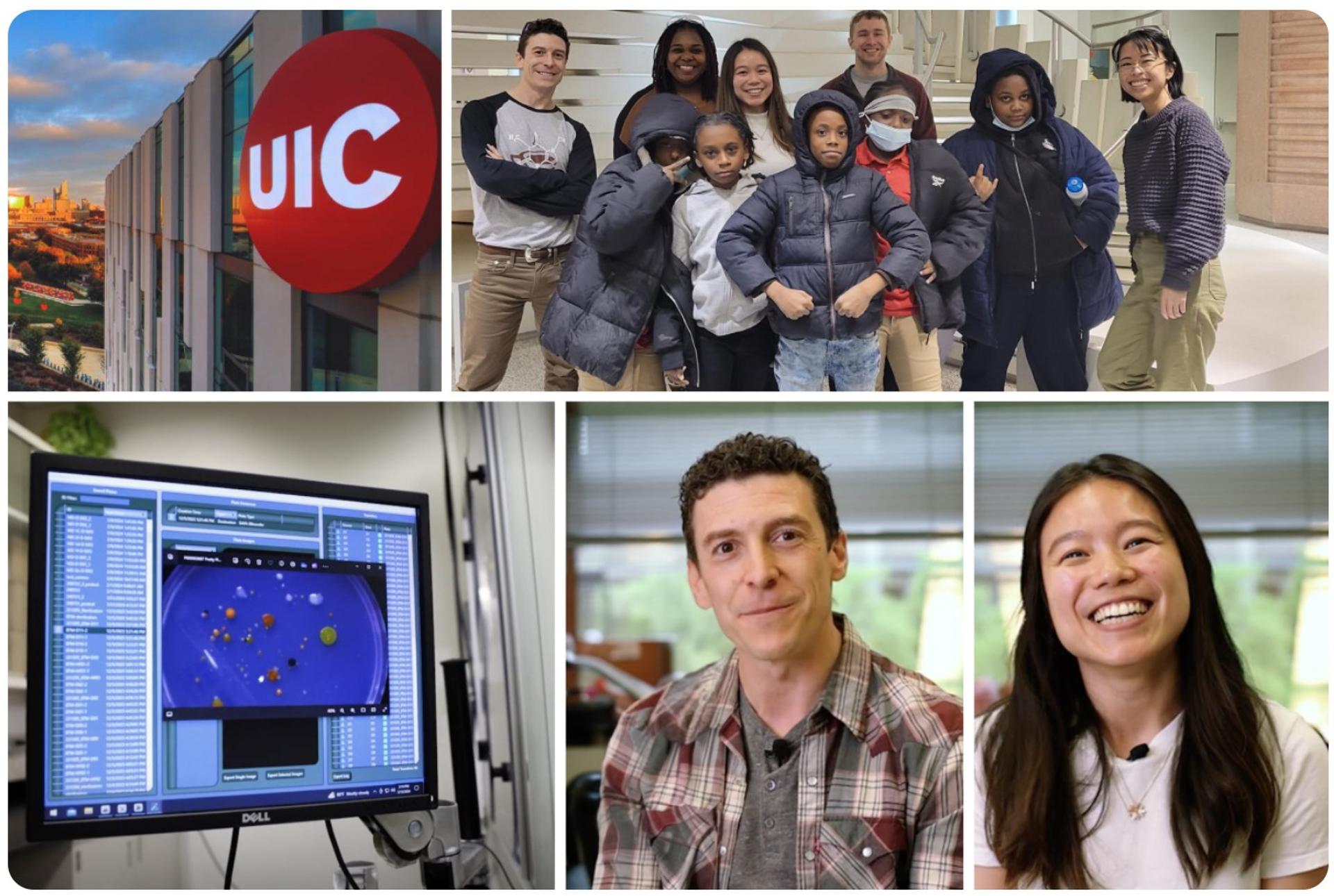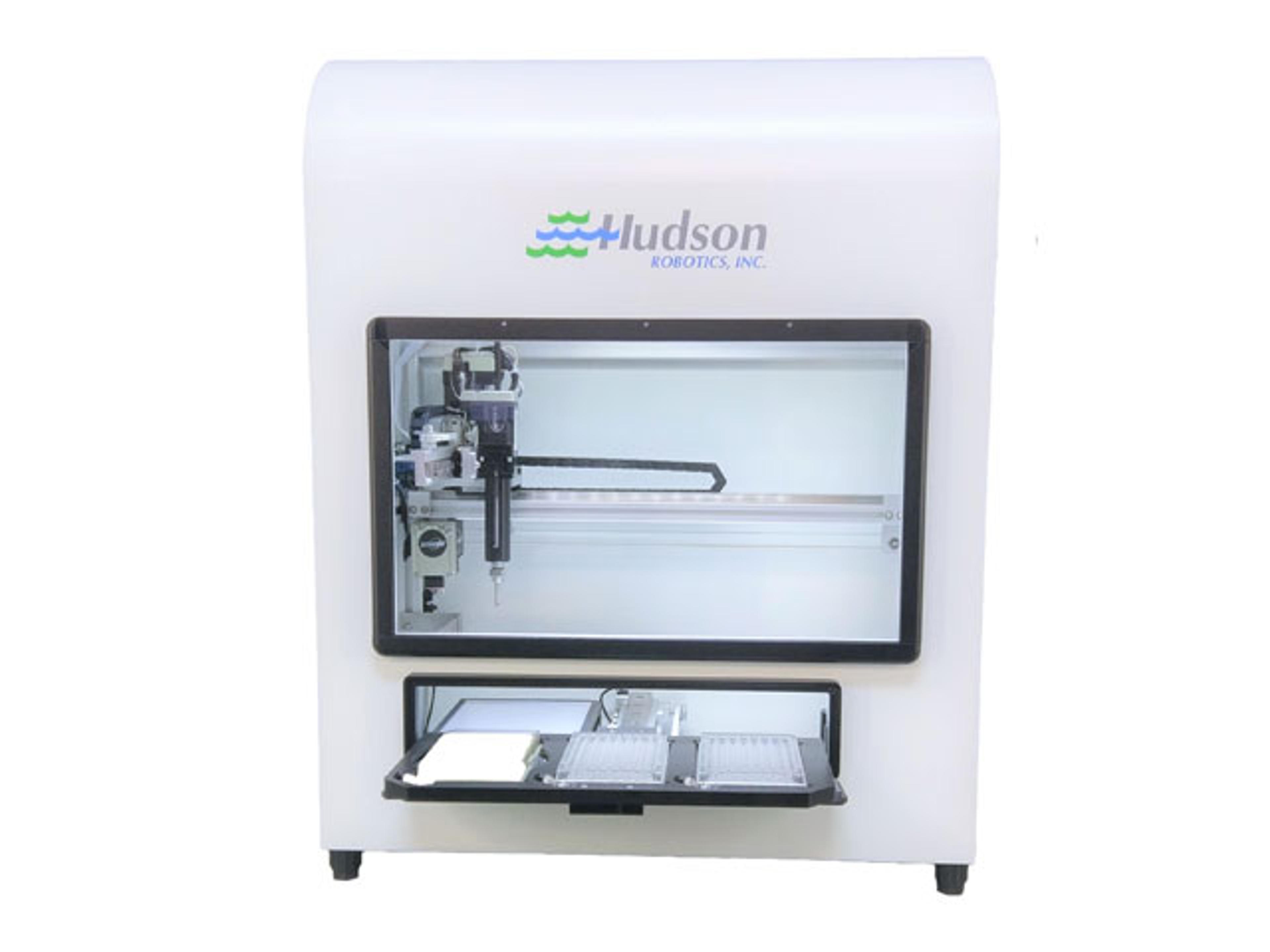How the RapidPick™ Colony Picker is fueling community-powered antibiotic discovery at UIC
6 Jun 2025
Professor Brian Murphy, University of Illinois Chicago (UIC)
In the face of rising antimicrobial resistance, innovation in antibiotic research is more critical than ever. At the University of Illinois Chicago (UIC), Professor Brian Murphy and his team are breaking new ground - not just in science, but in the way science is done. Professor Murphy’s lab focuses on applying high-throughput robotics and bioinformatics toward the discovery of antibiotics from aquatic bacteria. In addition to its research mission, the lab partners with local community centers - such as the Boys & Girls Clubs of Chicago - to engage students in high-end biomedical research.
His program has been recognized in Chemical & Engineering News, NPR, Science Daily, The Toronto Star, and even featured at the London Science Museum, underscoring both its scientific and societal relevance. Professor Murphy’s team is on a mission to discover the next generation of antibiotics capable of combating formidable superbugs like MRSA and vancomycin-resistant Enterococcus (VRE). Rather than relying solely on synthetic chemistry, his lab taps into the natural world - mining microbial biodiversity for bioactive compounds that have evolved over millions of years. But the real breakthrough isn’t just scientific - it’s social.
Bridging academia and community
Thanks to a pioneering partnership with the Boys & Girls Clubs of Chicago, Professor Murphy has welcomed an unexpected group into the world of antibiotic discovery: middle- and high-school students from underserved communities. With the help of Hudson Lab Automation’s RapidPick SP colony picker - customized with biosafety features to ensure safe operation - the Murphy Lab has created a scalable, hands-on learning environment for young students to participate in authentic biomedical research without exposure risks.
“It was only when we got the high-throughput colony-picking robot that I realized we could actually connect the University with the community,” says Professor Murphy. The automation didn’t just improve lab productivity - it unlocked the door to a mentorship model long out of reach due to biosafety limitations.
Enabling innovation with the Hudson Lab Automation RapidPick™ SP
The RapidPick SP (Single Pin) is a compact, automated colony picker ideal for academic labs and smaller-scale discovery programs. It enables researchers to safely and consistently pick up to 250 colonies per hour with high precision, making it well-suited for exploratory and educational research like that of the Murphy Lab.
Key features of the RapidPick SP include:
- Automated precision: Enables consistent, sterile colony selection using a single picking pin and advanced vision software.
- Safe and space-efficient: Enclosed system protects users during the handling of unknown microbes, compact so it can further be placed into a biosafety hood when desired.
- Customizable parameters: Allows users to select colonies based on size, shape, and color for higher accuracy in microbial screening.
- Workflow friendly: Easily integrates into broader lab automation systems and supports traceability through full plate imaging and data logging.
For large-scale or industrial applications, Hudson Lab Automation also offers the RapidPick MP, a multi-pin version capable of processing over 2,400 colonies per hour - demonstrating the flexibility of the platform across discovery, development, and production environments.
Hands-on science, real-world impact
For students, the experience is transformative. They're not just watching science happen - they’re doing it. From isolating bacteria to analyzing promising antibiotic candidates, they’re involved in every stage of the research process. For many, it’s the first time they've seen themselves as scientists.
“In this program, the students get a lot of ownership over their project,” explains Jin Yi, a third-year graduate student in the lab. “We want them involved in as many aspects of antibiotic discovery as possible.”
The benefits extend beyond the classroom. One student-collected bacterial colony has already shown promise as a new antibiotic therapy. The lab is currently analyzing the compound’s structure and mechanism - and expects to publish a peer-reviewed article detailing the discovery.
A model for the future
The Murphy Lab’s approach exemplifies what’s possible when academic research is made more accessible and inclusive. By prioritizing mentorship, leveraging automation, and building bridges with community organizations, the team is redefining what it means to do cutting-edge science. At a time when the need for new antibiotics is urgent, this innovative partnership is delivering more than promising molecules - it’s inspiring the next generation of scientists.


